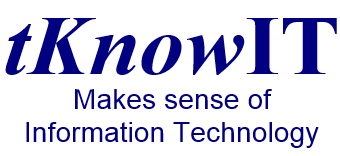The big switch-off affects everyone. You need to be ready
You might already have heard that the UK’s Public Switch Telephone Network (PSTN) is being switched off in December 2025.
This affects everyone.
The old, analogue PSTN can’t keep up with the demands of modern communication, so the switch to fully digital will mark a big step forward.
Put simply, everything will use the internet.
But it’s not just our phone lines that will be affected by the PSTN switch-off. Any equipment that also uses PSTN will stop working too. That could be your alarm systems, cameras, fax machines (yes some are still in use!), even door entry systems and EPOS machines.
You may also need to update your broadband and some of your other hardware.










